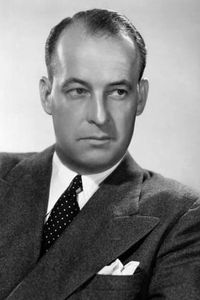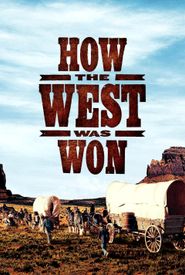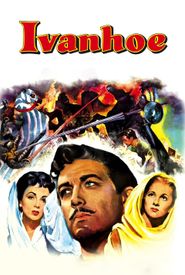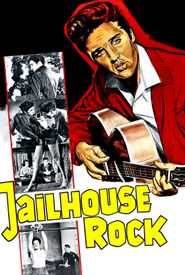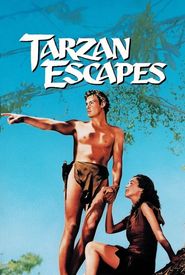Richard Thorpe's illustrious career in the film industry began in 1923, following his initial experiences in vaudeville, on stage, and in early movies. Prior to establishing himself as a director, he worked on a multitude of low-budget comedies and westerns, eventually gaining recognition in the mid-1930s when he joined the prestigious MGM studio.
Under the guidance of studio chief Louis B. Mayer, Thorpe prided himself on his ability to deliver productions within budget constraints, a quality that would prove instrumental in his remarkable longevity in Hollywood. Unlike many of his contemporaries, Thorpe did not possess a distinctive directing style, instead adopting a mechanical approach that focused on keeping the camera rolling until an actor's line was blown or a scene suffered a technical malfunction.
In the event of such an occurrence, Thorpe would revisit the scene, completing it with a close-up or reaction shot as needed. While his technique may have been unremarkable, his efficiency and dependability ultimately proved successful, as he went on to direct hundreds of movies across various genres for over four decades.
Thorpe's remarkable career came to a close in 1967, when he retired from the film industry, leaving behind a legacy of solid, dependable direction that had earned him a place among the most prolific and enduring directors of his time.
